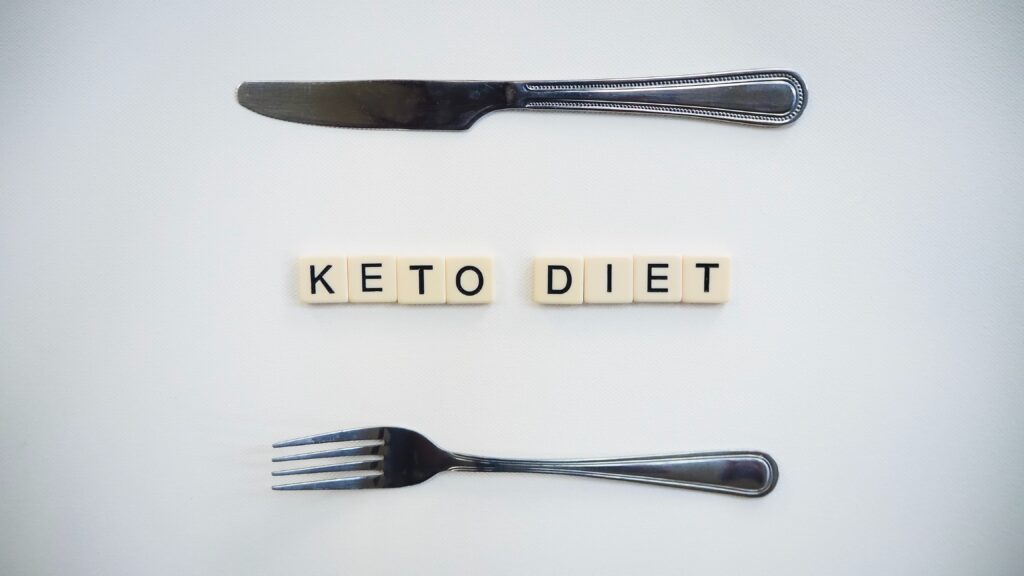The ketogenic diet has gained popularity as a weight loss tool, but its origins date back to the 1920s when it was used to reduce seizures in pediatric patients with epilepsy. The diet focuses on drastically cutting carbs and increasing fat consumption, aiming to put the body in a state of ketosis where it burns fats for energy instead of carbohydrates. While there are potential benefits of the ketogenic diet, such as weight loss and reduced hunger, there are also drawbacks that make it difficult to sustain, including nutrient deficiencies, the risk of cardiovascular issues, and potential kidney problems. It’s important to carefully consider these pros and cons before embarking on the ketogenic diet.

Pros of the Ketogenic Diet
Weight Loss
The ketogenic diet has gained popularity as a weight loss tool. Anecdotal evidence suggests that people have experienced weight loss while following this diet. In addition, individuals on the ketogenic diet often report feeling less hungry compared to those on other types of restricted diets. This reduced hunger can be attributed to the fact that fatty foods take longer to break down in the body. Furthermore, weight loss on the ketogenic diet is not just due to ketosis (the process of burning fats for energy), but also from the reduction in calorie intake by eliminating certain food groups.
No More Low-Fat
Unlike traditional low-fat diets, the ketogenic diet allows for the consumption of high-fat foods. Many people find this aspect of the diet appealing, as they can still enjoy foods such as red meats, fatty fish, nuts, cheese, and butter while losing weight. This flexibility in food choices makes the ketogenic diet more sustainable for some individuals compared to low-fat diets.
Health Benefits for Specific People
Apart from weight loss, the ketogenic diet has shown potential health benefits for specific populations. It has been found to reduce seizures in pediatric patients with epilepsy. Furthermore, endurance athletes and bodybuilders have adopted the ketogenic diet to promote fat loss within short timeframes. Additionally, there is ongoing research on the potential benefits of the ketogenic diet for patients with progressive neurological disorders like Parkinson’s disease. However, it should be noted that the scientific evidence supporting these benefits is not yet conclusive.

Cons of the Ketogenic Diet
Difficult to Sustain
One of the challenges of following the ketogenic diet is its difficulty to sustain in the long term. The diet imposes stringent food restrictions, which can make it challenging to adhere to for an extended period. Many individuals find themselves struggling with yo-yo dieting, where they go on and off the ketogenic diet repeatedly. This pattern of weight cycling has been associated with increased mortality.
Calorie Depletion and Nutrient Deficiency
The ketogenic diet restricts various food groups, leading to the potential depletion of essential vitamins, minerals, and fibers. By excluding fresh fruits, legumes, vegetables, and whole grains, individuals on the ketogenic diet may not receive adequate nutrients. This deficiency can result in feelings of fogginess and fatigue, which are commonly referred to as “keto flu.” Moreover, the lack of fiber in the diet can lead to constipation. Overall, the ketogenic diet deprives the body of necessary nutrients found in a balanced diet.
Bad Fats in Practice
The high-fat nature of the ketogenic diet may have negative impacts on heart health. The American Heart Association recommends limiting saturated fat intake to 5-6% of daily calories. However, in practice, many individuals on the ketogenic diet consume high amounts of saturated fats, which could increase the risk of cardiovascular disease. Research has shown an increase in lipids, or fats, in the blood of patients following the ketogenic diet within six to eight weeks. Therefore, it is important to be mindful of the types of fats consumed while on this diet.
Renal Risk
Patients with kidney disease are at an increased risk of requiring dialysis when following the ketogenic diet. This is because the renal system has to process the additional ketones produced by the body. Additionally, individuals on the ketogenic diet may experience dehydration due to the elimination of glycogen, which holds water, from their bloodstream. It is crucial for individuals with kidney disease to consult with their healthcare provider before starting the ketogenic diet.
Food Obsession
The strict tracking of food intake that comes with the ketogenic diet can lead to an unhealthy obsession with food. Micromanaging food intake based on external numbers rather than listening to the body’s natural hunger and fullness cues can cause psychological distress, such as shame and binge eating. The restriction imposed by the ketogenic diet can create a cycle of restriction and bingeing, which is detrimental to overall mental and physical well-being.

Other Approaches
While the ketogenic diet has its pros and cons, there are alternative approaches to consider. Balanced diets like the Mediterranean diet promote long-term weight loss while providing a variety of nutrients. Intermittent fasting is another method that allows individuals to achieve the benefits of ketosis without strictly following the ketogenic diet. Making small changes based on individual health goals can also be an effective approach to improving health and achieving sustainable weight loss. It is important to consult with a healthcare professional or registered dietitian before making any significant changes to your diet.
